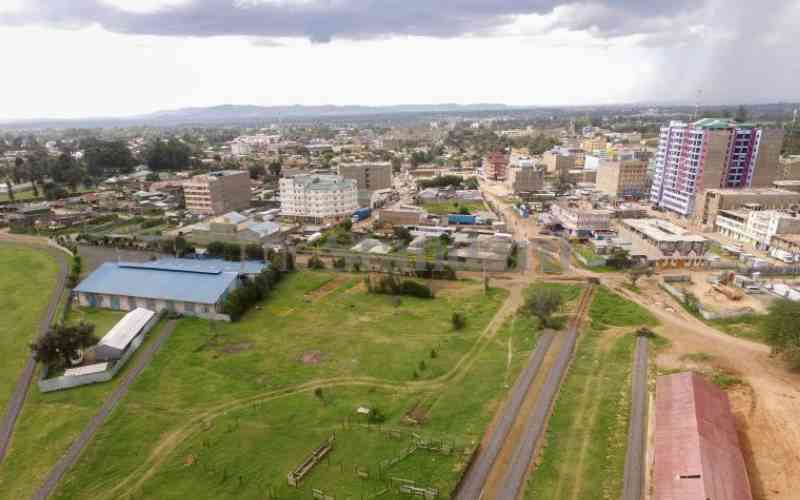×
The Standard e-Paper
Home To Bold Columnists

The growth of Nanyuki town has been fast amidst ongoing infrastructural advancements fueled by devolution and upgrading to municipality status.
Christened Mwisho wa Reli, the town that boasts a population of 72,600 inhabitants, nestles along the slopes of Mt Kenya. It has proved to be a magnet for investors keen on exploring its huge potential.